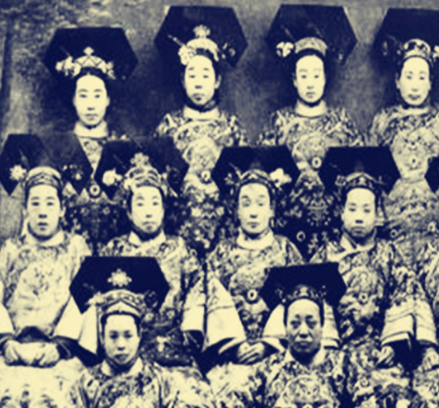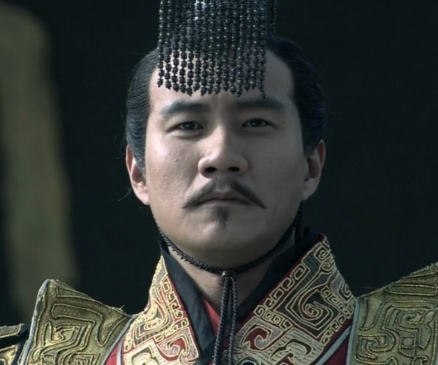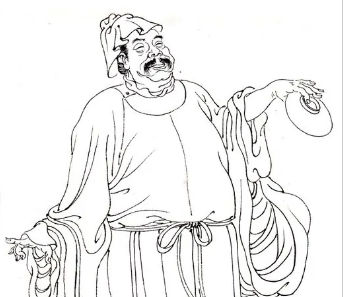In the feudal society of ancient China, imperial concubines were an important part of the royal family. They not only bore the responsibility of bearing heirs for the emperor, but also played a significant role in the emperor's political life. Especially in the Qing Dynasty, the concubine selection system strictly stipulated the birth and qualifications of concubines.

Firstly, the scope and conditions of selecting concubines. In the Qing Dynasty, concubines were mainly chosen from women of the Banner clans. Banner clans refer to the three major ethnic groups of Manchu, Mongolian, and Han Chinese soldiers, who were the founders and rulers of the Qing Dynasty. Therefore, only women of the Banner clans were eligible to become imperial concubines.
Apart from ethnic identity, the selection process also emphasized the women's family background. Typically, only women born into prominent and wealthy families had the chance to be selected as concubines. These families usually had good family education and strict family traditions, enabling them to cultivate women who met the royal standards.
Furthermore, the selection criteria also included certain moral qualities and talents. These women were required to undergo rigorous education, learning etiquette, music, dance, and other skills to be competent in various occasions of court life.
Secondly, the process and ceremony of selecting concubines. The process was strict and cumbersome. Initially, trusted ministers or eunuchs of the emperor were responsible for selecting suitable women. They conducted initial screenings within Banner families to identify women who met the criteria.
These women were then brought into the palace for further examination and selection. In this process, they needed to pass various tests, including assessments of etiquette, talent, and intelligence. Finally, the emperor would personally review these women and make the final decision.
Once selected, the women would be granted corresponding titles, such as "Concubine," "Imperial Concubine," or "Noble Concubine," and officially become imperial concubines. They would enter the deep palace and begin their court life.
In conclusion, the concubine selection system in the Qing Dynasty was a product of the specific historical background of that era. It not only reflected the hierarchical and familial concepts of feudal society but also indicated the low status of women. However, with the changes of the times and social progress, this concubine selection system has disappeared into the depths of history. Today, when we review this history, it aims to better understand the past, reflect on the present, and look forward to the future.
Disclaimer: The above content is sourced from the internet and the copyright belongs to the original author. If there is any infringement of your original copyright, please inform us and we will delete the relevant content as soon as possible.
































